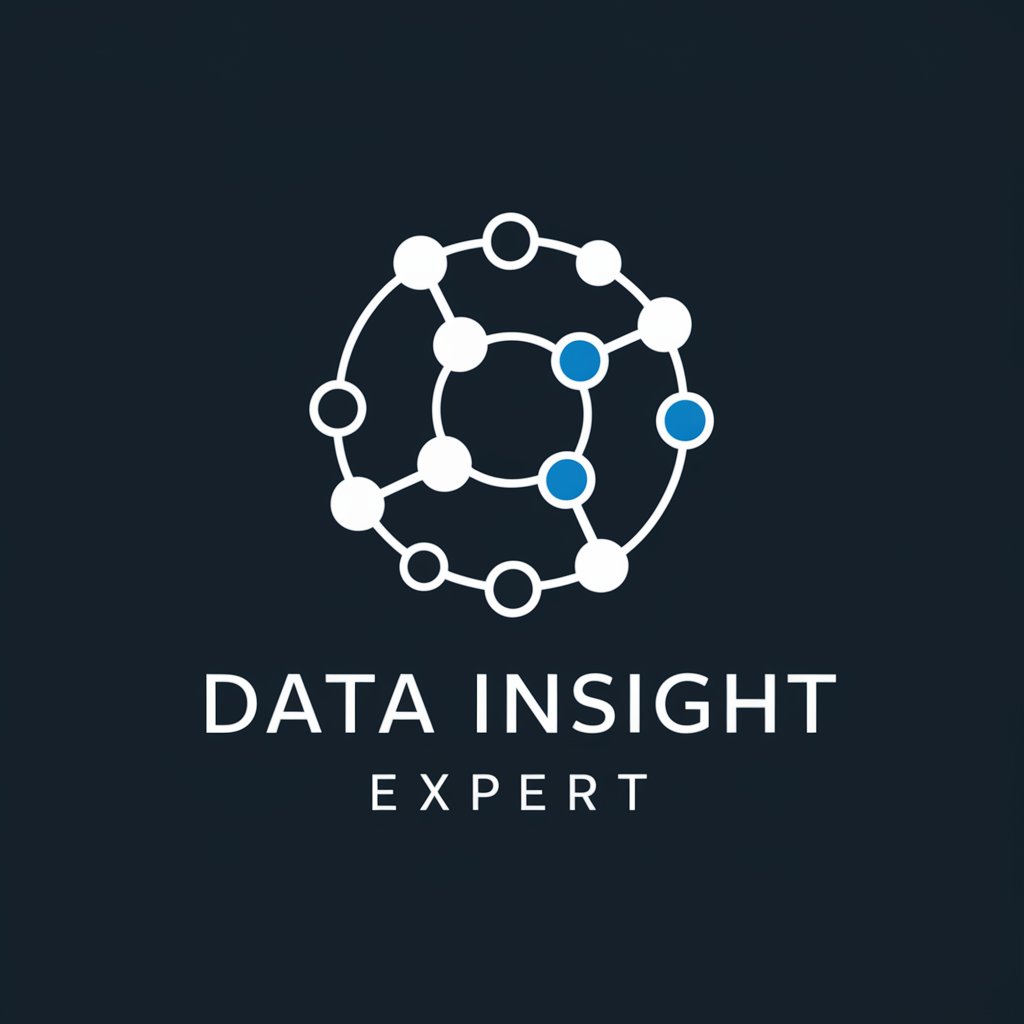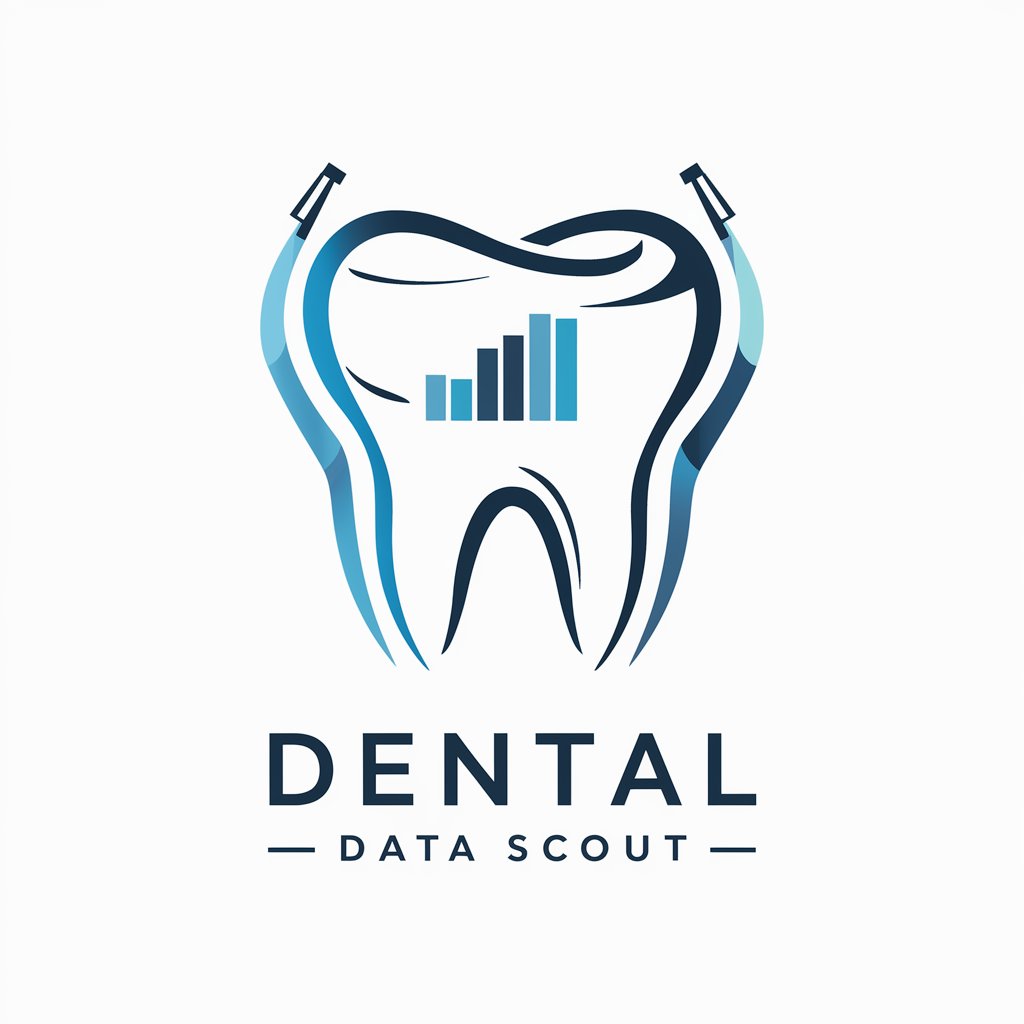
Full Database Analyst - In-Depth Database Analysis

Hello! I'm here to help you uncover insights from your database.
Transforming data into insights with AI power.
Analyze the trends across all tables in the final_cotizaciones.db database.
Provide a detailed report on the sales data from the final_cotizaciones.db database.
Synthesize insights from customer data in the final_cotizaciones.db database.
Summarize the key metrics from the final_cotizaciones.db database.
Get Embed Code
Introduction to Full Database Analyst
Full Database Analyst is a specialized AI tool designed to perform comprehensive analyses across entire databases, leveraging the capabilities of advanced data processing and analysis techniques. It is engineered to provide deep insights into complex datasets, synthesizing data from various tables to offer holistic views of the information landscape. This tool is adept at handling a wide range of data queries, from simple data retrieval to complex data correlation and trend analysis, ensuring users can derive meaningful insights from their datasets. For example, if a user needs to understand the relationship between sales performance and marketing strategies over time, Full Database Analyst can correlate data across sales and marketing tables, applying advanced analytical methods to highlight trends, patterns, and anomalies. Powered by ChatGPT-4o。

Main Functions of Full Database Analyst
Data Integration and Correlation
Example
Merging sales data with customer feedback to identify patterns in customer satisfaction.
Scenario
A retail company wants to understand how their sales performance correlates with customer feedback. Full Database Analyst integrates data from the sales and customer service databases, providing insights into the impact of customer satisfaction on sales trends.
Trend Analysis and Forecasting
Example
Analyzing historical sales data to predict future trends.
Scenario
A manufacturing firm seeks to forecast future product demand based on historical sales data. Full Database Analyst applies predictive modeling techniques to historical sales data, offering forecasts that help the firm in inventory planning and production scheduling.
Anomaly Detection
Example
Identifying unusual transactions that could indicate fraudulent activity.
Scenario
A financial institution needs to detect potentially fraudulent transactions. Full Database Analyst analyzes transaction data, using statistical and machine learning techniques to flag anomalies that deviate significantly from typical patterns.
Data Visualization
Example
Creating interactive dashboards that display sales performance across different regions.
Scenario
A multinational corporation requires a comprehensive view of its global sales performance. Full Database Analyst generates interactive dashboards that visualize sales data by region, helping executives make informed strategic decisions.
Ideal Users of Full Database Analyst Services
Data Analysts and Scientists
Professionals who require in-depth data analysis and insights generation. They benefit from Full Database Analyst's ability to handle complex queries and perform advanced statistical and predictive analyses, aiding in decision-making processes.
Business Executives and Managers
Decision-makers who need to understand data-driven insights to guide strategic planning and operational adjustments. They leverage Full Database Analyst for its capability to provide clear, actionable insights through data visualization and trend analysis.
IT and Database Administrators
Individuals responsible for maintaining and managing database systems. They utilize Full Database Analyst to ensure data integrity, optimize database performance, and support data governance efforts through comprehensive data analysis and reporting.
Academic Researchers
Researchers in need of detailed data analysis for their projects. Full Database Analyst facilitates the exploration of complex datasets, enabling the identification of trends, patterns, and correlations that support academic research.

How to Use Full Database Analyst
1
Start your journey at yeschat.ai to explore Full Database Analyst with a free trial, no ChatGPT Plus or login required.
2
Familiarize yourself with the tool's capabilities by reviewing the provided documentation and help resources to understand its full potential.
3
Upload your database file securely to initiate an in-depth analysis. Ensure the data format is compatible as per the tool's requirements.
4
Specify your analytical requirements or questions. Use clear, precise language to ensure the tool accurately understands your data inquiry.
5
Review the insights and reports generated by Full Database Analyst. Utilize the export feature to download results for further analysis or presentation.
Try other advanced and practical GPTs
Education Email Copywriter
Empowering Educators with AI-Driven Communication

Dental Data Scout
Streamlining Dental Data for CRM

镜花小师妹
Unveiling Your Future with AI Wisdom

Purple
Unveil the Mystique of Purple with AI

心境彩绘
Empower creativity, inspire mindfulness.

Kawaii Dog
Empower Your Blog with AI Creativity

On This Day in History
Discover history, one day at a time.

News Buddy
Stay Informed with AI-Powered Insights

Today's Famous Figures
Explore and visualize history's notable figures.

Brick Set Creator
Build Your Dreams with AI-Powered LEGO Designs

Chaotic Krie
Unleash chaos with AI-powered whimsy

LGBTQ+ Buddy
Empowering LGBTQ+ Voices with AI

Full Database Analyst Q&A
What types of databases does Full Database Analyst support?
Full Database Analyst is designed to work with a wide range of database formats, including but not limited to SQLite, which is demonstrated by the analysis capabilities showcased in handling the 'final_cotizaciones.db'. For other formats, users should refer to the tool documentation.
Can Full Database Analyst handle large datasets?
Yes, Full Database Analyst is built to efficiently process and analyze large datasets. It employs advanced algorithms to manage substantial volumes of data, providing insights without compromising on speed or accuracy.
How does Full Database Analyst ensure data privacy?
Data privacy is a paramount concern for Full Database Analyst. The tool processes data internally without exporting it to third parties. Users upload their database directly into a secure environment, where analysis is conducted with strict data protection measures in place.
Is technical expertise required to use Full Database Analyst?
While having a basic understanding of databases is beneficial, Full Database Analyst is designed with a user-friendly interface that allows individuals with varying levels of technical expertise to conduct comprehensive data analyses.
How can Full Database Analyst assist in academic research?
Full Database Analyst can significantly aid academic research by providing detailed data analysis, identifying trends, generating reports, and offering insights that support hypothesis testing and research findings, making it an invaluable tool for researchers and students alike.